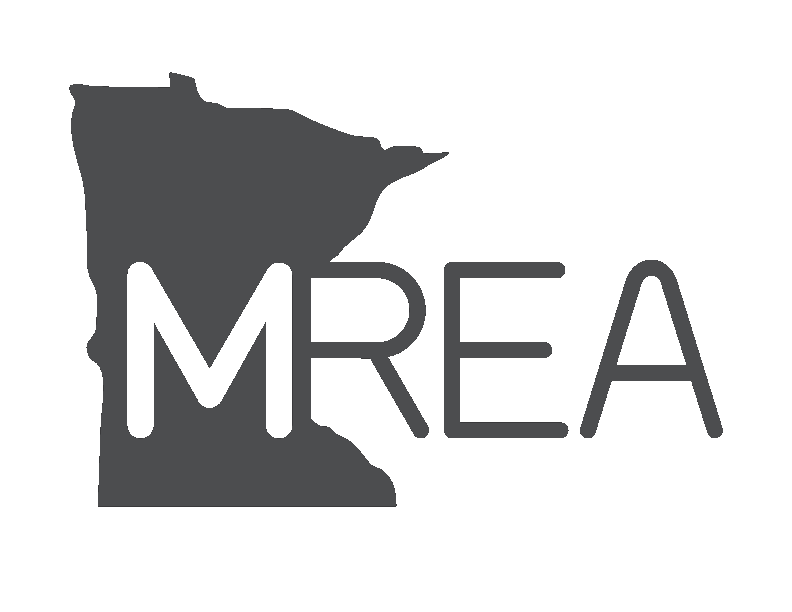Electric cooperative leaders outline needed financing reform and statewide broadband access
(MAPLE GROVE, MINN) – About 50 leaders from Minnesota’s electric cooperatives recently participated in virtual meetings with the state’s congressional delegation to outline reforms needed at the federal level, which impact their local communities and constituents.
Rural electric cooperatives borrow money from the U.S. Department of Agriculture (USDA) Rural Utilities Service (RUS) and repay it with interest to build electric distribution lines and provide other services within their local communities. This program makes money for the federal government each year due to the interest paid on these loans. Unfortunately, the USDA currently charges substantial penalties for refinancing this debt when interest rates decline. As a result, this policy unnecessarily costs rural electric cooperatives millions of dollars, which then must be passed along to consumers and communities across the state through electric rates.
Minnesota Sen. Tina Smith is the lead champion in the U.S. Senate of fixing this problem. Bipartisan legislation, known as the Flexible Financing for Rural America Act of 2021, introduced by Sens. Smith and John Hoeven (D-ND), is gaining traction.
“During our meetings with policymakers, electric cooperatives emphasized the need for action to push this bill into law,” says Mark Bakk, general manager of Lake Country Power in Cohasset, which serves nearly 50,000 members in north-central Minnesota. “Other utilities can readily take advantage of today’s lower interest rates, and electric cooperative members should not be forced to pay higher costs. Shouldering this unfair burden detrimentally impacts co-op member-consumers, and as not-for-profit electric providers, one of our fundamental commitments is to keep rates affordable for members.”
Minnesota’s electric cooperatives play a vital role in communities across Minnesota, serving about 85% of the state’s landmass and a third of its population.
“Members of Minnesota’s congressional delegation affirmed their commitment to fixing the problem. In addition to Senator Smith’s leadership, Sen. Klobuchar and Reps. Craig, Emmer, Fischbach and Stauber are already signing on to supporting the legislation and other offices have committed to take a closer look and continue the dialog,” says Darrick Moe, CEO, Minnesota Rural Electric Association (MREA).
These meetings also addressed tax credits for developing innovative energy projects, which cooperatives often don’t qualify for because they are not-for-profit entities.
“Minnesota’s electric cooperatives are leading the way in the energy transition and like other energy providers, we must be able to equitably access federal programs intended to incentivize this transition,” Moe adds.
Border-to-border broadband access for Minnesota
The discussions with federal policymakers also emphasized the need for broadband improvements across Minnesota. Like water and electricity, broadband has quickly emerged as an essential service, and border-to-border broadband access is a state priority.
The COVID-19 pandemic created many challenges in the past year, including forcing school districts and business owners to figure out how to conduct operations on virtual platforms. That problem is exasperated in rural areas of the state that don’t have high-speed internet access. Approximately 440,000 Minnesotans still do not have access to a wired broadband connection with 25 Mbps or faster speeds.
“We encourage Congress to support sustained broadband financing through grant and loan programs that prioritize projects in areas with the lowest population densities,” explains Scott Reimer, general manager of Federated Rural Electric Association, which serves nearly 7,000 co-op members in south-central Minnesota. “Everyone in the state should have access to reliable and high-quality internet service. It’s an absolute necessity in today’s digital world.”
MREA hosted these virtual meetings with each of the state’s congressional offices as part of a nationwide effort led by the National Rural Electric Cooperative Association to inform legislative leaders about policies impacting rural electric cooperatives and the member-consumers they serve.
###
ABOUT THE MINNESOTA RURAL ELECTRIC ASSOCIATION
The Minnesota Rural Electric Association (MREA) is a nonprofit trade association serving Minnesota’s electric cooperatives. MREA provides legislative and regulatory representation, director and employee education programs, technical training for electric cooperative line workers, and serves as the focal point for cooperation among cooperatives. Minnesota’s 44 distribution cooperatives serve about 1.7 million Minnesotans in all 87 counties and operate the largest distribution network in the state with more than 135,000 miles of electric lines.
FOR MORE INFORMATION CONTACT:
Krista Benjamin, krista@mrea.org (763)424-7235
